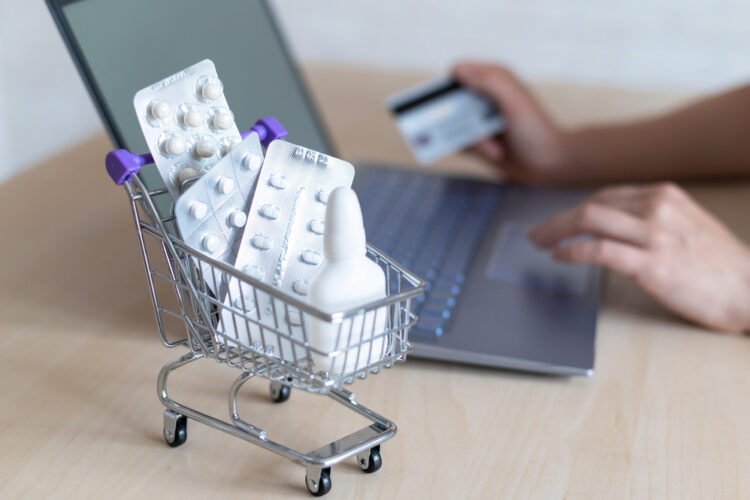
How To Be A Good Friend To An Addict
Watching a friend who is struggling with addiction can be difficult, overwhelming and heartbreaking.
However, the support and guidance of a good friend who can bear such a burden can often give the
addict a greater chance of overcoming their addiction. Having someone with a shared history is who is
does not stand in judgement over them, but as a dependable friend fighting in their corner alongside
them, in their time of desperation can help as much as entering a treatment program itself.
There are many reasons that helping someone you care about with their addiction can be difficult.
There is no quick fix, recovery often does not occur in straight lines. Will power and determination is
required of you both. Initially, the addict may not agree that they even have a problem. They may not
want to change their behaviour. They might be dealing with powerful emotions associated with fear,
embarrassment and awkwardness. Furthermore, they may be ‘using’ in order to deal with other
problems that bother them even more. Importantly, if they do not want to change what they are doing,
trying to persuade them to get help is unlikely to work initially.
It is important to establish trust with your friend. This may be difficult if they have previously
betrayed your trust, but understand that it is the addiction, contributing to the individual acting this
way. Try not to yell, name call, nag, criticise and lecture the addict. They may think you are trying to
control them and this can often exacerbate the situation. Do not engage in addictive behaviours
yourself because this can lead to confusion of purpose and make your friend view you as a hypocrite. If
the atmosphere between you is stressful, they will want to engage in the addictive behaviour more to
control the stress. It is important to realise that trust is a two-way process. It does not get established
by putting up with bad behaviour. It is a difficult line to walk. People with additions rarely change
until there is some consequence to their behaviour. For the most part, you must be able to allow them
to reach this point as long as they are not putting themselves or others in harm’s way i.e. drinking and
driving. Be honest and gently coax them in a non-threatening way. Ultimately they will need to make
the decision to change themselves, but if you keep lines of communication open in this way they will
be more open to thinking about seeking help.
Often this can be a stressful time for you. Recognising and accepting that you are also going through
stress and need help managing it is an important step in helping your friend, as well as yourself. You
may need to seek external help in extreme cases.
During the treatment process if you are involved in counselling sessions together, ensure you do not
betray the mutual trust you have you have built up. Be honest about your feelings, what you want to
happen, and what the addiction has been like for you, but do not blame, criticise or humiliate your
friend. Keep an open mind if your friend is critical of some of the ways you have acted that may have
seemed unhelpful. It is a process and you may not have always gotten it right.
If your friend has treatment alone, respect their privacy in everyday life. Do not gossip to others about
what your friend is going through or aspects of their treatment. Respect their privacy if they do not
want to talk about it, but remind them that the lines of communication are still open should they need
you.
There are many different approaches to the challenge of how to help addicts, but remember, change
does not happen overnight. It will not be easy, but with fortitude, understanding and your support,
your friend can recover, regain control of their life and you will have your old friend back and also a
grateful ally as you carry on down life’s meandering path.
At Ibiza Calm, we have an expert team of professionals available at all times so please do not hesitate to call us if you need any help or advice or if you feel a loved one does. Please call us on :
Share this information, choose your platform!
The dangers of buying drugs online
Anyone that has access to the internet will have been subjected to pop-ups with offers of cheap medication delivered to your door, or maybe it is your email account that has been bombarded with spam ads claiming they can sell …
Dopesick – Opioids and Addiction
In the hard-hitting Disney+ drama “Dopesick”, despite there being several fictional characters, the narrative is centred on real-life people and a true story. The series is based on the 2018 non-fiction book by Beth Macy, “Dopesick: Dealers, Doctors and the …
Student life: alcohol and drugs
The school holidays are coming to an end. Following six weeks of having the kids at home, hanging around under your feet; after snacks and entertainment (pre-teens); or sleeping in until lunchtime then rising and grunting at you (teenagers); getting …
Planes, trains, and automobiles… a guide to travel in addiction recovery
School holidays have arrived, summer is here, and many of us are thinking about taking a break. Golden sandy beaches, sightseeing in capital cities, camping in the great outdoors, or simply a trip to visit family and friends, it is …









